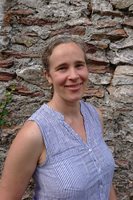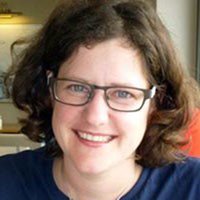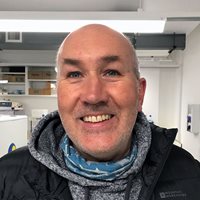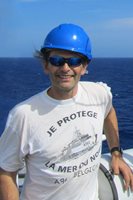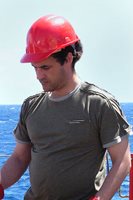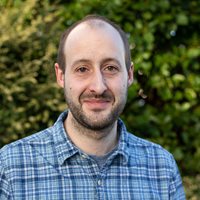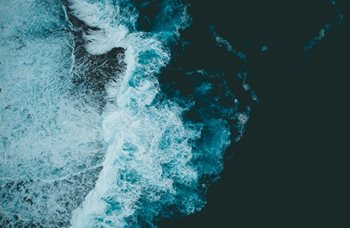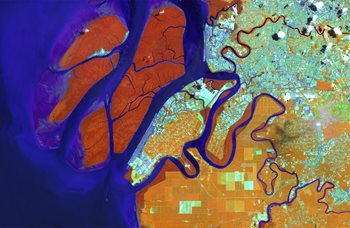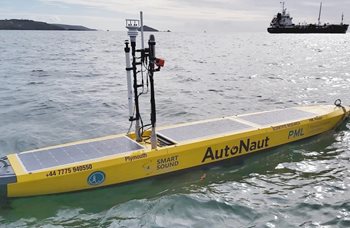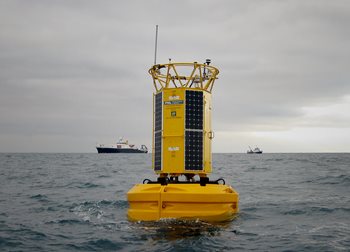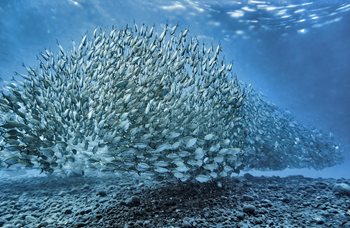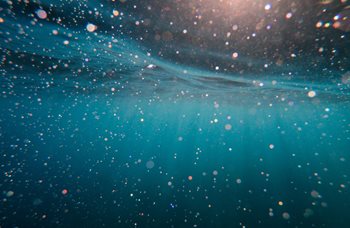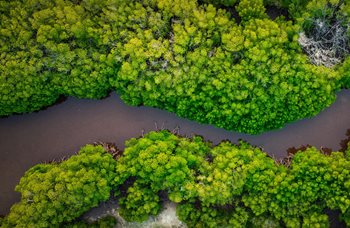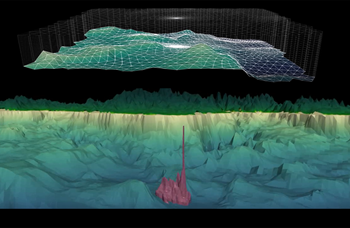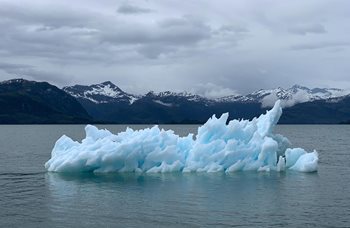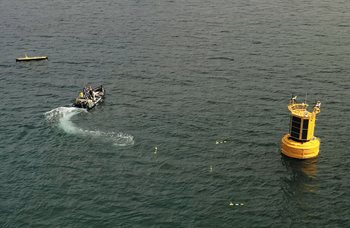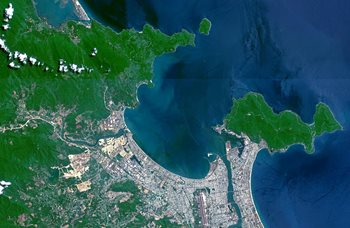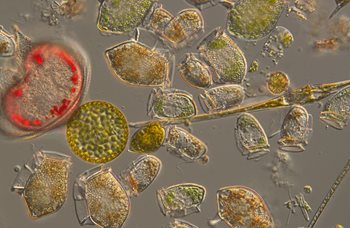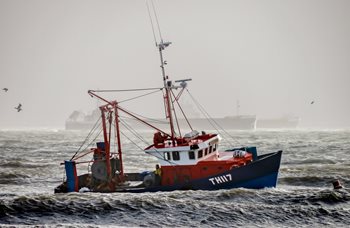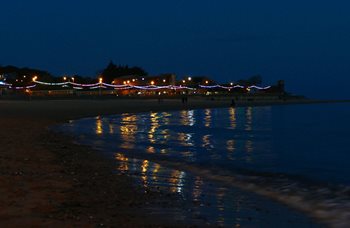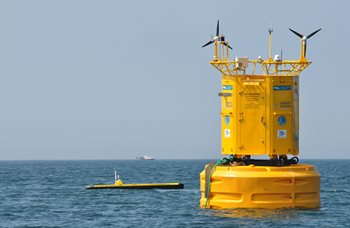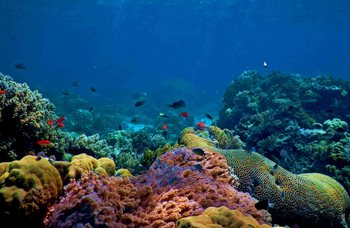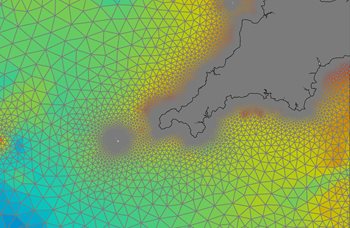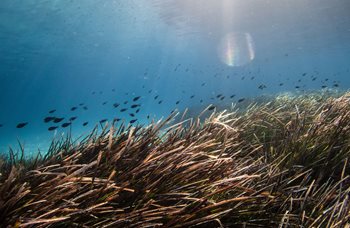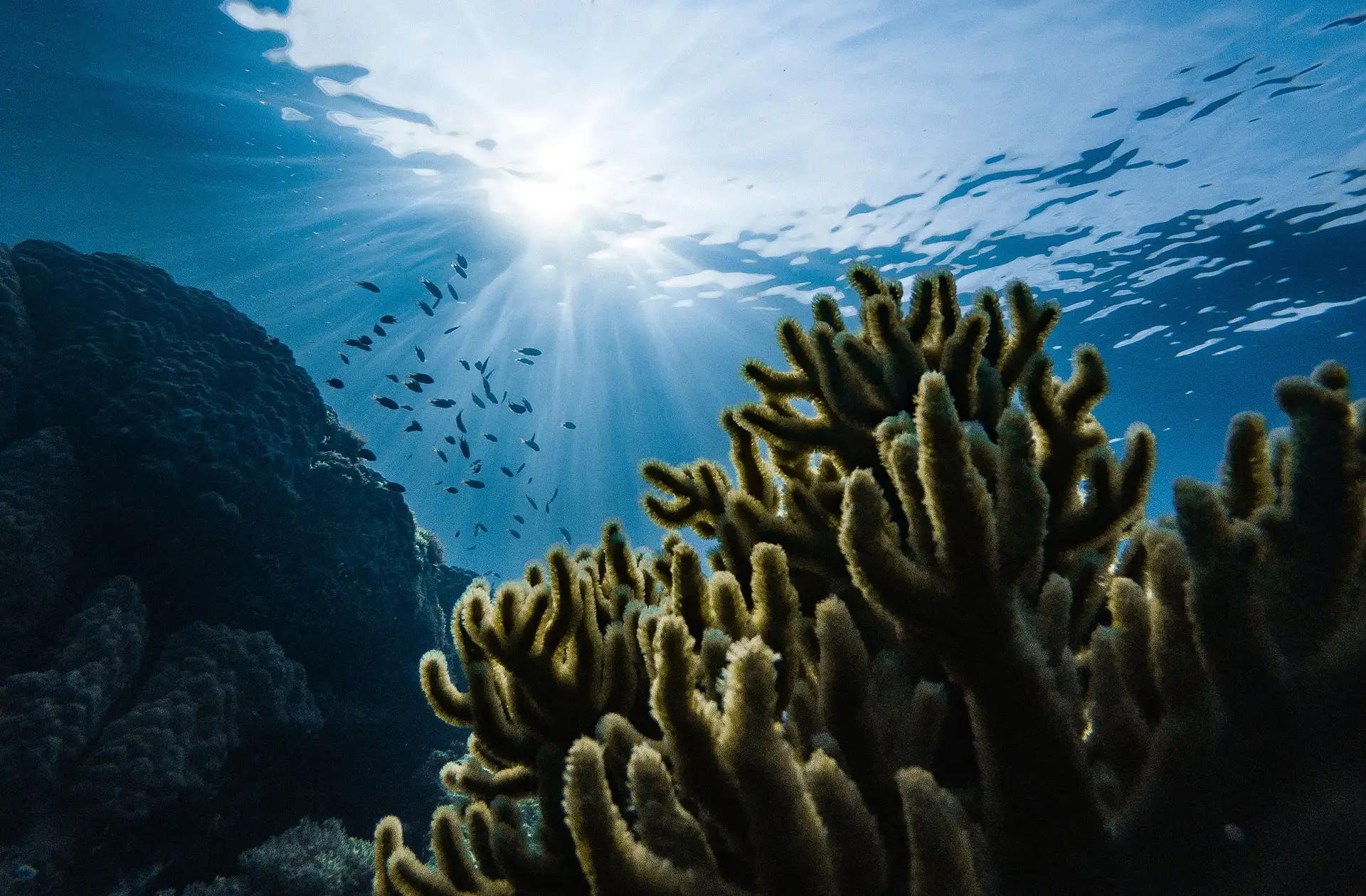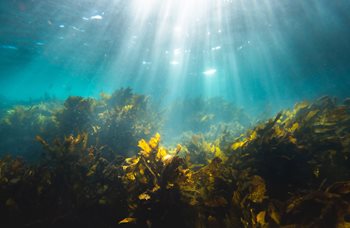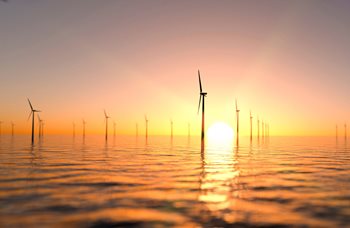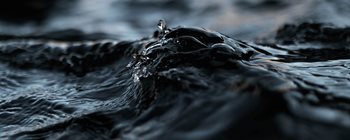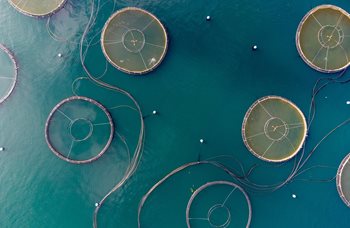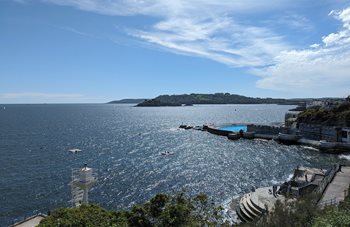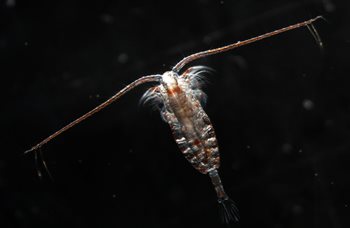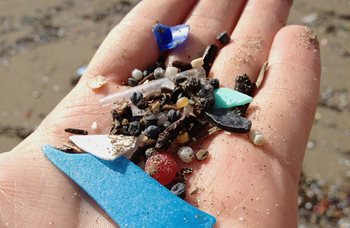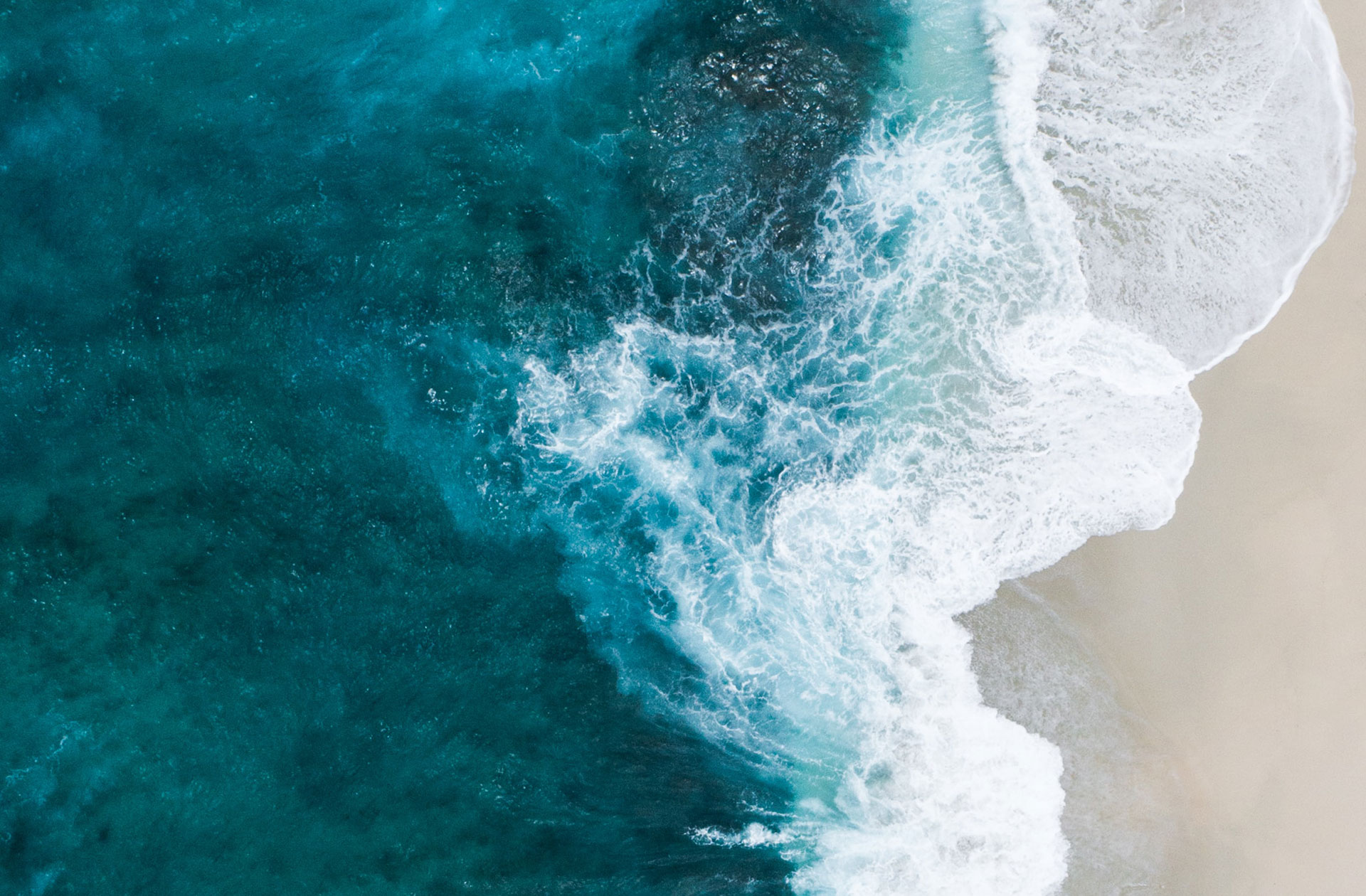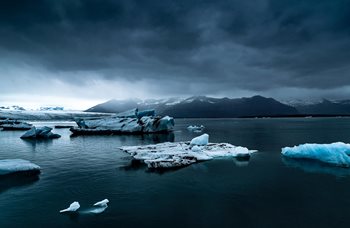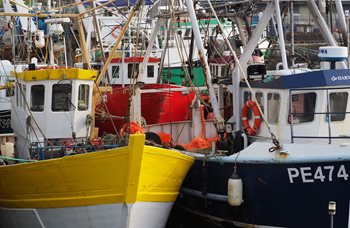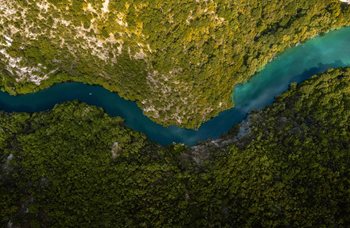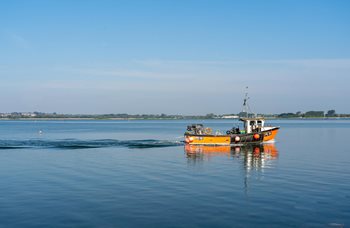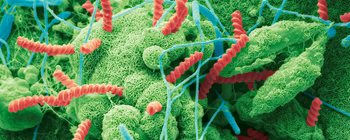Science To Impact Area
Place-based Impact
PML is committed to creating impactful research that provides solutions to challenges in the marine environment at both local and regional scales. By promoting optimal use of data and information, we aim to make a significant difference in our local community and beyond. Our extensive natural sciences datasets and expertise enable us to understand and monitor the dynamics of our local sea and waterways, and we actively share this knowledge with those responsible for managing the local marine environment. To ensure our research is relevant and needed, we collaborate with interested parties around Plymouth Sound, the Tamar estuary, and nearby areas to develop research proposals that address their specific needs.
Our place-based approach focuses on a defined area within the UK, specifically Plymouth Sound, the surrounding estuaries, and the Western Channel Observatory. By addressing both social and natural sciences questions, we strive to produce research that can be applied by local managers, such as Plymouth City Council and Devon and Cornwall County Councils, to create a healthy ocean and support the well-being of local residents.
Although our focus area may seem small compared to the global challenges we face, such as climate change, the need for clean seas, and the restoration of biodiversity, it serves as an ideal testbed for new approaches that can be scaled up and applied elsewhere. By considering all natural and human-made features in the Plymouth region, we work towards a sustainable future for the area, assessing how these features can be supported to achieve this goal.
We collaborate closely with local and regional managers to ensure our findings are applied effectively for improving the environment and outcomes for local residents. By leveraging our diverse research approaches and deep, long-standing knowledge of the local marine environment, we provide vital scientific evidence and guidance for a wide range of projects and initiatives. These include nature-based solutions like seagrass bed restoration that can help reduce atmospheric carbon dioxide, as well as other efforts to protect and enhance the local ecosystems.
People who work in this area of research
Dr Elizabeth C. Atwood
Earth Observation Data Analyst
liat@pml.ac.uk
Dr Stefanie Broszeit
Senior marine ecosystem services scientist
stbr@pml.ac.uk
Dr Elizabeth Gabe-Thomas
Environmental Psychologist
egt@pml.ac.uk
Dr Océane Marcone
Social Science Researcher
ocm@pml.ac.uk
Professor Rees
Marine biogeochemist
apre@pml.ac.uk
Dr Gavin H Tilstone
Bio-optical oceanographer
ghti@pml.ac.uk
Dr Ricardo Torres
Systems Modeller Data Assimilation
rito@pml.ac.uk
Dr Stephen Watson
Senior Ecosystems Services Scientist
stw@pml.ac.uk
